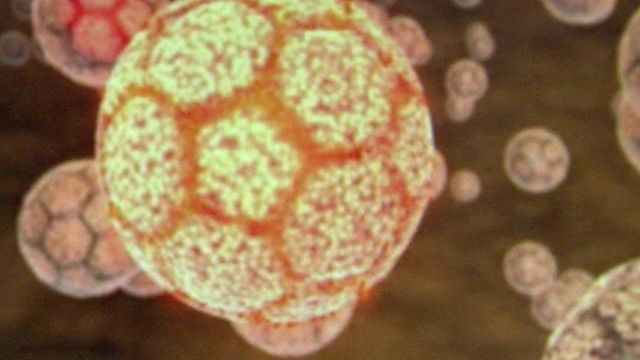Doctors heat up war on cancer
Doctors are harnessing the power of heat in technique called hyperthermia that enhances other cancer-fighting treatments.
Posted — UpdatedAnn Durham said she tried every option to fight bladder cancer, including surgeries and drug therapies.
"The cancer went away, but then it came back," she said.
Durham has joined a study at Duke University School of Medicine that uses hyperthermia. She receives the drug Mytomycin C, and a radio frequency device heats the bladder up to 100 degrees Fahrenheit.
"This temperature is enough to improve delivery of this drug in the tumor and also sensitize this tumor to this drug," said oncologist Dr. Zeljko Vujaskovic, with the Duke medicine school's Department of Radiation Oncology.
The heat improves blood flow in the tumor and increases oxygen, making resistant cells more responsive to drugs and radiation, he said.
Durham received six weekly treatments. "It's gone. I don't have any cancer," she said.
Other hyperthermia research is focused on recurrences of breast cancer in the chest wall.
Tumor-killing drugs are used to fill small fat molecules, or liposomes. Those cells melt in the heated treatment area, releasing the drug.
"The liposome is melting and the drug is coming out, penetrating the tumor cell and ultimately killing the tumor," Duke cancer researcher Mark Dewhirst said.
With standard drug delivery, most of the drug is reabsorbed into the blood. When hyperthermia is used to melt the liposomes, though, more of the drug stays in the tissue, concentrating the drug where the cancer is.
"We know it's about a 30-fold increase in drug delivery," Dewhirst said.
Duke researchers are also developing a noninvasive way of delivering and measuring temperature in cancer treatments using MRI technology.
• Credits
Copyright 2024 by Capitol Broadcasting Company. All rights reserved. This material may not be published, broadcast, rewritten or redistributed.





